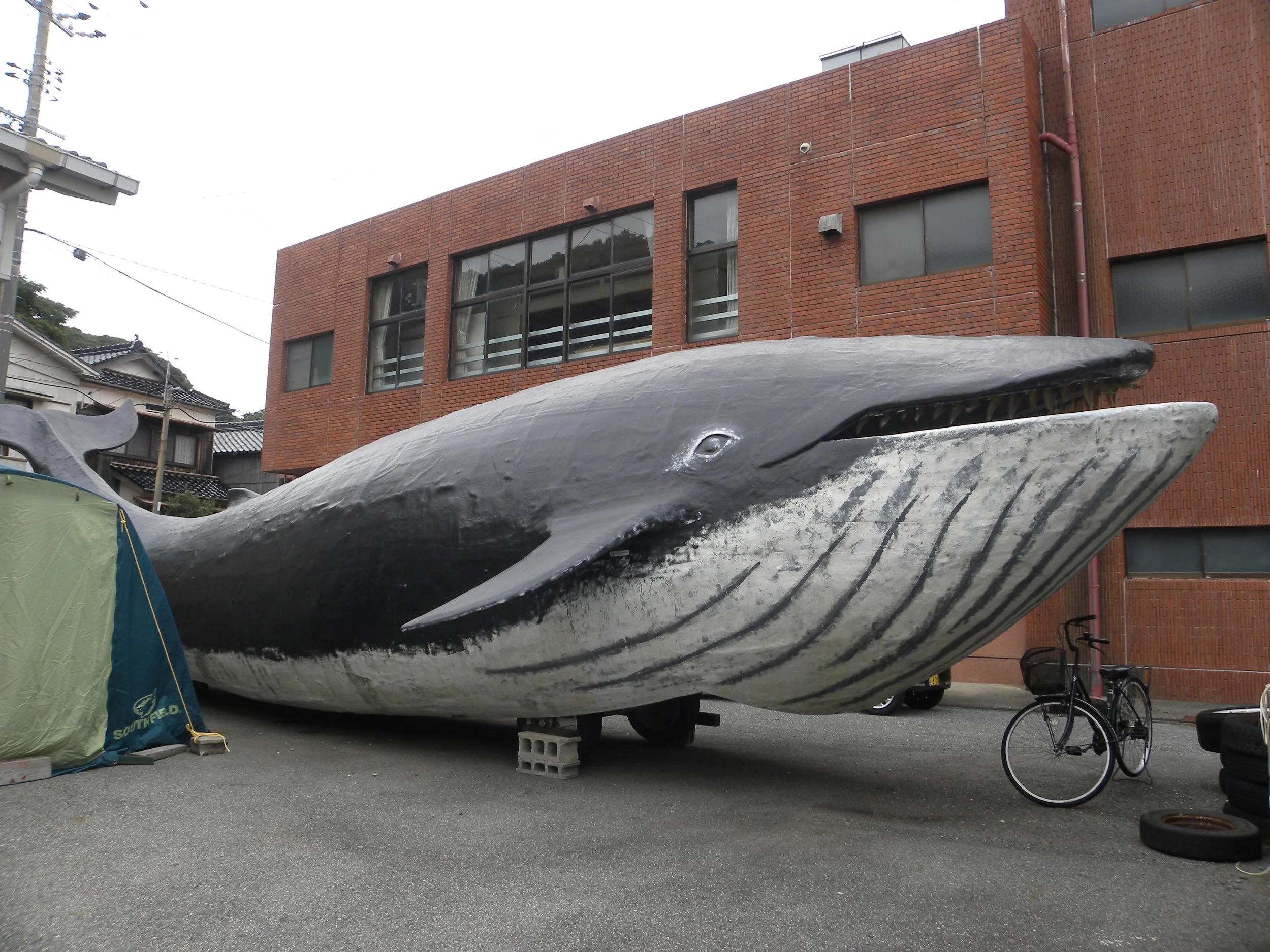Creatures of the Bodhisattva: Comparing Whale Worship in Japan and Vietnam
Aike P. ROTS
Associate Professor, Department of Culture Studies and Oriental Languages, University of Oslo
When I tell Vietnamese fishers that I do cross-border research, comparing their local whale worship tradition to ritual practices in Japan, they are often puzzled. Some even find the association offensive. They respond by saying that the traditions are incomparable, because Japanese people eat whales – an absolute taboo in South- and Central Vietnamese fishing communities. And they are right: this is a significant difference.
Despite this one major difference, however, there are several noteworthy similarities between Vietnamese and Japanese whale worship traditions. Some of these similarities concern the identity and agency of the whales in question, as I will discuss in this paper. In Vietnam as well as in Japan, there are three ways of attributing divine agency to whales: 1) they are, or were, believed to be manifestations or physical incarnations of a particular maritime deity (Ông Nam Hải and Ebisu, respectively); 2) after their death, whales become ancestral spirits that have the power to affect human lives, and therefore should be treated with proper ritual respect and care; and 3) they can be sacred helpers, or protégés, associated with the bodhisattva Avalokiteśvara (V. Quan Âm, J. Kannon). This does not mean that Japanese and Vietnamese traditions of whale worship have a common origin, but it does point to the fact that both have taken shape within a similar East Asian religious landscape, sharing a similar ritual logic.
Furthermore, there are some noteworthy similarities when it comes to modern and present-day reconfigurations of these ritual traditions. In both countries, maritime popular religion has suffered from community decline, depopulation, and secularization. At the same time, however, whale-related rituals and festivals have acquired new meanings and state support in the context of heritage politics, tourism development, and territorial conflicts. In this paper, I will analyse these paradoxical developments, drawing on examples from both Japan and Vietnam. Studying seemingly “local” practices in comparison with similar practices elsewhere in the region will help us overcome particularism and methodological nationalism, I argue, as it helps us understand how local developments are embedded in and affected by wider transnational developments – today as much as in earlier centuries.

